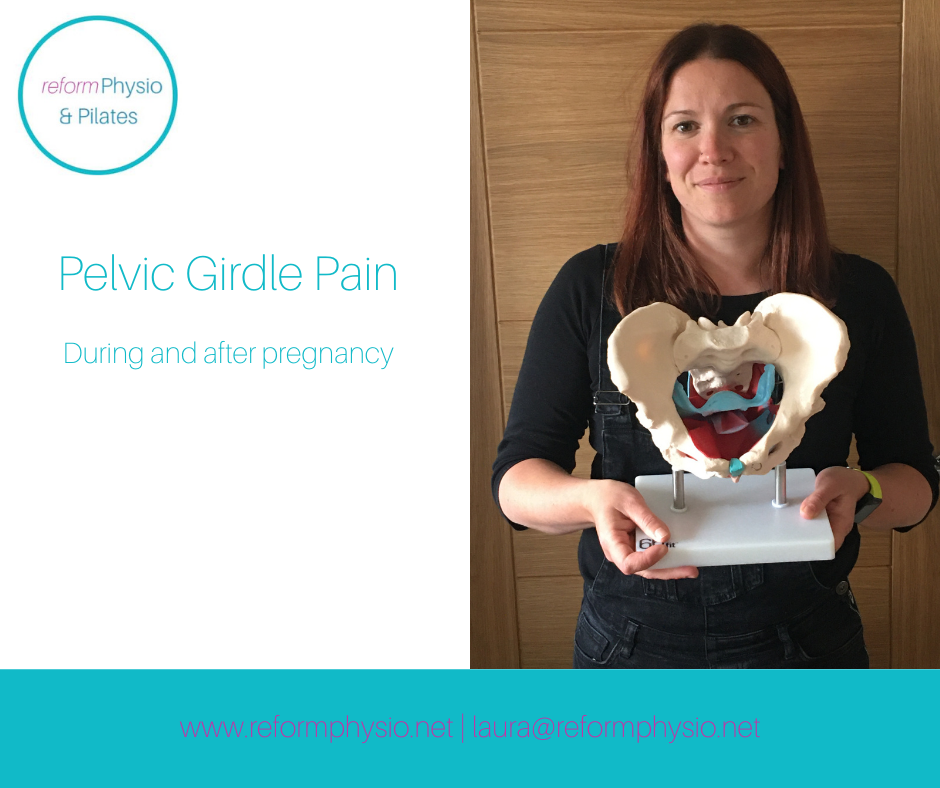It's back to the time of year when I see more people in clinic after slips, trips or falls in the snow and ice. I have put together some tips for management of these injuries.
How to manage acute injuries:
We've moved on from RICE and now use the acronym POLICE for managing injuries, I'll explain this more below.
Protect-avoid aggravating movements, use a support, splint if required
Optimally
Load (this means where possible we should be moving joints with as much weight or resistance as they can tolerate)
Ice
Compression(tubigrip, neoprene support)
Elevation
When to seek medical help?
I would recommend seeking a medical opinion ASAP if you have:
Lower limb injury and are unable to weight bear.
Obvious deformity
Very specific, immediate onset localised swelling for example an egg shaped swelling in the wrist region after a fall on an outstretched hand
Significant pain on passive (someone else moving) movement of a joint
When to see a Physio?
After any injury which doesn't require medical attention eg sprained ankle/wrist
After muscle strains/tears
After removal of plaster cast after bony injury
What can Physio do?
Assess, diagnose and treat acute injuries. Treatments may include:
Specific injury management advice
Personalised exercise programmes to optimise movement, return strength and function
Ultrasound
Soft tissue massage
Joint protection eg taping/supports
If any further investigations are required I can liaise with your GP.
Please get in touch if you have any questions and stay safe out there.












